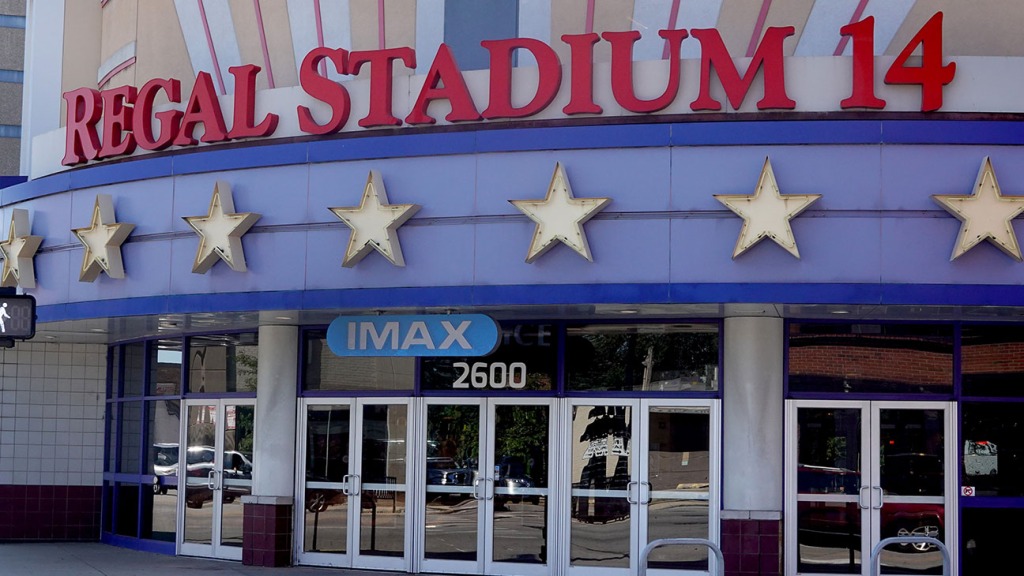
A bankruptcy court in Texas has given movie theater giant Cineworld final approval for $1.94 billion in Chapter 11 financing. The final order also disclosed a deal between the company and creditors to pay $20 million-plus in “stub rent” over the coming months and detailed the timeline for a sale or restructuring process.
The so-called “stub rent resolution” calls for “the minimum amount of $5 million per month” to be paid out to landlords beginning on the last business day of November through February,” with upside potential to those figures in the case of “incremental attendance” above budget plan. Cineworld operates about 505 locations of Regal Cinemas in the United States and 750 locations globally across its other brands like Cinema City and Picture House.
“Stub rent” is defined as “the post-petition, pre-rejection portion of regularly accruing monthly rent, expenses and charges under the terms of debtors’ non-residential real property leases that are due for the period from and including the petition date through September 30, 2022,” according to the order.
“The debtors shall run a marketing process in accordance with the timeline attached … which shall seek to obtain interested parties (‘potentially interested parties’) that may wish to effectuate a value-maximizing transaction with respect to the debtors’ assets and shall be acceptable to the debtors and the debtor-in-possession (DIP) lenders,” the order also said. “Unless otherwise waived by the committee, the marketing process shall commence no earlier than one week after the committee has been provided a copy of a business plan that the DIP lenders and the debtors have determined is a substantially final business plan.”
The timeline mentions a “pre-marketing preparation” period in the “weeks leading up to initial outreach for (a) standalone reorganization, third-party sale or plan sponsorship.” That would be followed by two weeks of “initial interested parties outreach” and four weeks of due diligence, with non-binding indications of interest due by the end of week 6. No specific target date for the process has been detailed yet.

